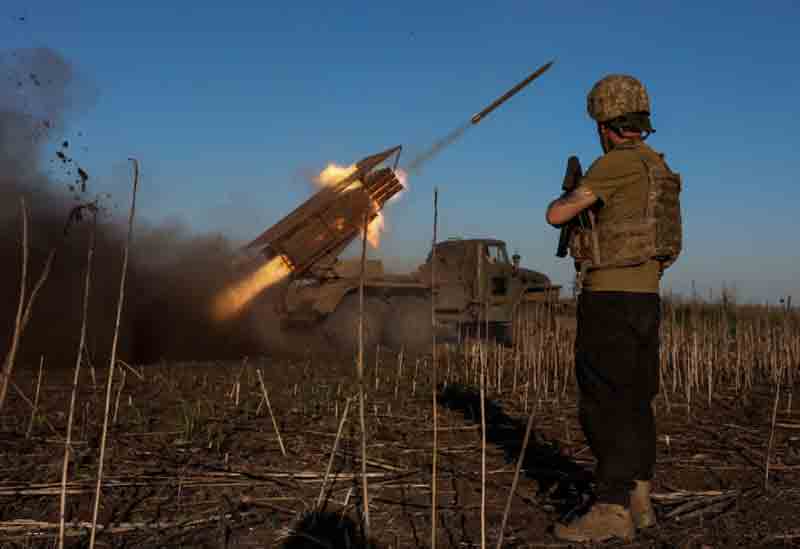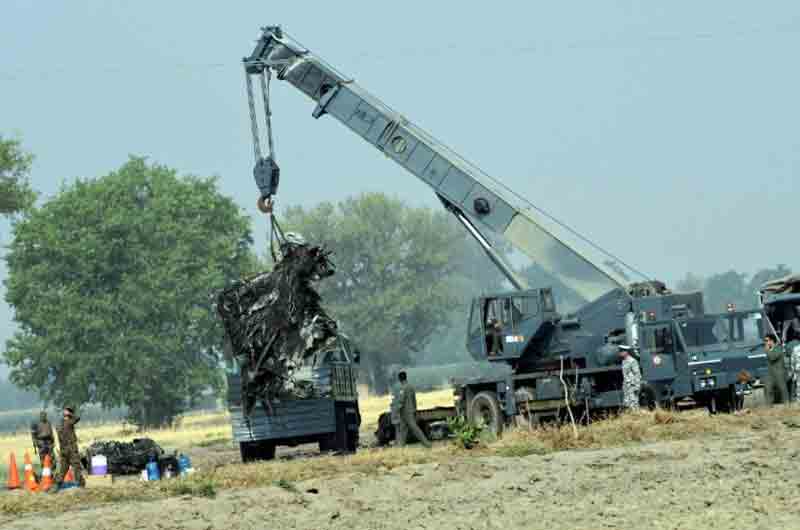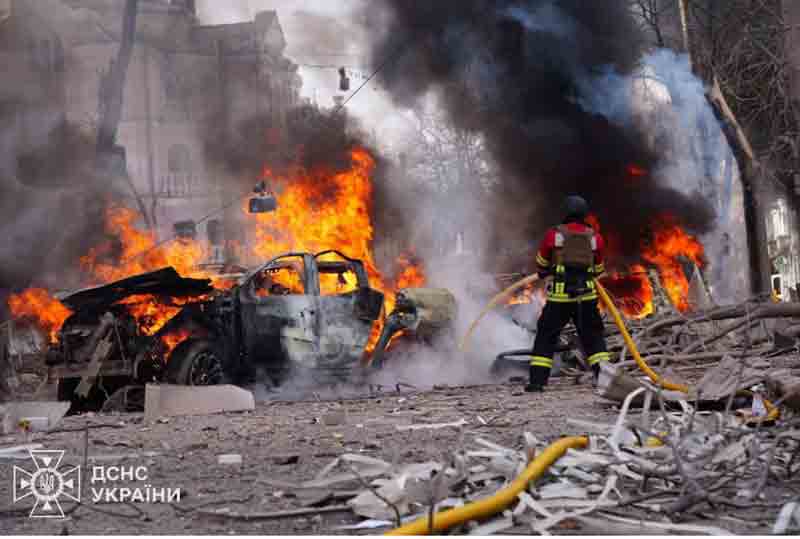During peace talks on Monday, Russia informed Ukraine that it would only agree to conclude the war if Kyiv relinquishes significant new territories and accepts restrictions on the size of its military, as reported in a memorandum by Russian media. The conditions, formally presented during negotiations in Istanbul, underscored Moscow’s unwillingness to compromise on its long-standing war objectives, despite U.S. President Donald Trump’s calls to end the “bloodbath” in Ukraine.
Ukraine has consistently dismissed the Russian demands as equivalent to capitulation. Delegations from both sides convened for just under an hour, marking only the second round of negotiations since March 2022. They reached an agreement to exchange additional prisoners of war, prioritizing the youngest and most critically injured, and to return the remains of 12,000 deceased soldiers.
Turkish President Tayyip Erdogan characterized the meeting as significant and expressed hope of facilitating a meeting between Russia’s Vladimir Putin and Ukraine’s Volodymyr Zelenskiy in Turkey alongside Trump.
However, no progress was made on a proposed ceasefire, which Ukraine, its European allies, and Washington have all urged Russia to accept. Moscow claims it is pursuing a long-term resolution rather than a mere pause in hostilities; Kyiv contends that Putin is not genuinely interested in peace. Trump has indicated that the United States is prepared to withdraw from its mediation efforts unless both parties show tangible progress towards an agreement.
Ukrainian Defence Minister Rustem Umerov, who led Kyiv’s delegation, stated that Kyiv – which has developed its own peace plan – would assess the Russian proposal, although he did not provide immediate feedback on it.
Ukraine has suggested conducting additional discussions before the end of June; however, it believes that only a meeting between Zelenskiy and Putin can address the numerous contentious issues, according to Umerov. Zelenskiy mentioned that Ukraine has submitted a list of 400 children it claims have been taken to Russia, yet the Russian delegation has only agreed to work on the return of 10 of them. Russia contends that the children were relocated from conflict zones for their protection.
Russian demands
The Russian memorandum, released by the Interfax news agency, stated that resolving the war would necessitate international acknowledgment of Crimea – a peninsula annexed by Russia in 2014 – along with four other regions of Ukraine that Moscow asserts as its territory. Ukraine would need to withdraw its military from all these areas.
It reiterated Moscow’s demands for Ukraine to become a neutral state – excluding NATO membership – and to safeguard the rights of Russian speakers, establish Russian as an official language, and implement a legal prohibition on the glorification of Nazism.
Ukraine dismisses the Nazi accusation as ludicrous and denies any discrimination against Russian speakers. Additionally, Russia has formalized its conditions for any ceasefire leading to a peace agreement, offering two options that both seem unacceptable to Ukraine.
The first option, as outlined in the text, involved Ukraine initiating a complete military withdrawal from the Luhansk, Donetsk, Zaporizhzhia, and Kherson regions. Among these, Russia has total control over the first region but only occupies approximately 70% of the others.
The second option presented a package that would necessitate Ukraine to halt military redeployments and agree to a suspension of foreign military aid, satellite communications, and intelligence support. Additionally, Kyiv would be required to lift martial law and conduct presidential and parliamentary elections within a 100-day timeframe.
Vladimir Medinsky, the head of the Russian delegation, indicated that Moscow had also proposed a “specific ceasefire lasting two to three days in certain areas of the front” to facilitate the retrieval of deceased soldiers.
According to a roadmap proposed by Ukraine, Kyiv seeks to impose no limitations on its military capabilities following any peace agreement, no international acknowledgment of Russian sovereignty over territories in Ukraine occupied by Russian forces, and reparations.
Ukraine targeted Russian airfields
The conflict is escalating, with Russia initiating its largest drone assaults of the war and making its quickest advances on the battlefield in May in six months. On Sunday, Ukraine reported that it deployed 117 drones in an operation named “Spider’s Web” aimed at targeting Russian nuclear-capable long-range bombers at airfields in Siberia and the northern regions of the country.
🚨 This attack is Russia’s Pearl Harbor, and I fear it could have serious implications for Ukraine, NATO and the rest of the world. pic.twitter.com/MqKqQgyB4K
— Defense Intelligence (@DI313_) June 1, 2025
Satellite images indicated that the attacks inflicted significant damage, although both sides provided differing accounts regarding the extent of the damage. Western military analysts characterized the strikes, occurring thousands of miles from the front lines, as one of the most daring Ukrainian operations during the war.
Russia’s strategic bomber fleet is part of the “triad” of forces—alongside ground-launched missiles and submarine-launched missiles—that constitute the nation’s nuclear arsenal, the largest globally. In light of Putin’s repeated warnings about Russia’s nuclear capabilities, the U.S. and its allies have remained cautious throughout the Ukraine conflict regarding the potential for it to escalate into World War Three.
A current U.S. administration official stated that Trump and the White House were not informed prior to the attack. A former administration official noted that Ukraine often refrains from disclosing its operational plans to Washington for security reasons. A UK government official also mentioned that the British government was not informed in advance.
Zelenskiy stated that the operation, which utilized drones hidden within wooden sheds, has contributed to rebuilding partners’ trust in Ukraine’s capability to persist in the conflict. “Ukraine asserts that we will not capitulate and will not yield to any ultimatums,” he remarked during an online news briefing.
“However, we do not seek to engage in combat, nor do we wish to showcase our power – we exhibit it only because the adversary refuses to cease.”
Discover more from Defence Talks | Defense News Hub, Military Updates, Security Insights
Subscribe to get the latest posts sent to your email.





